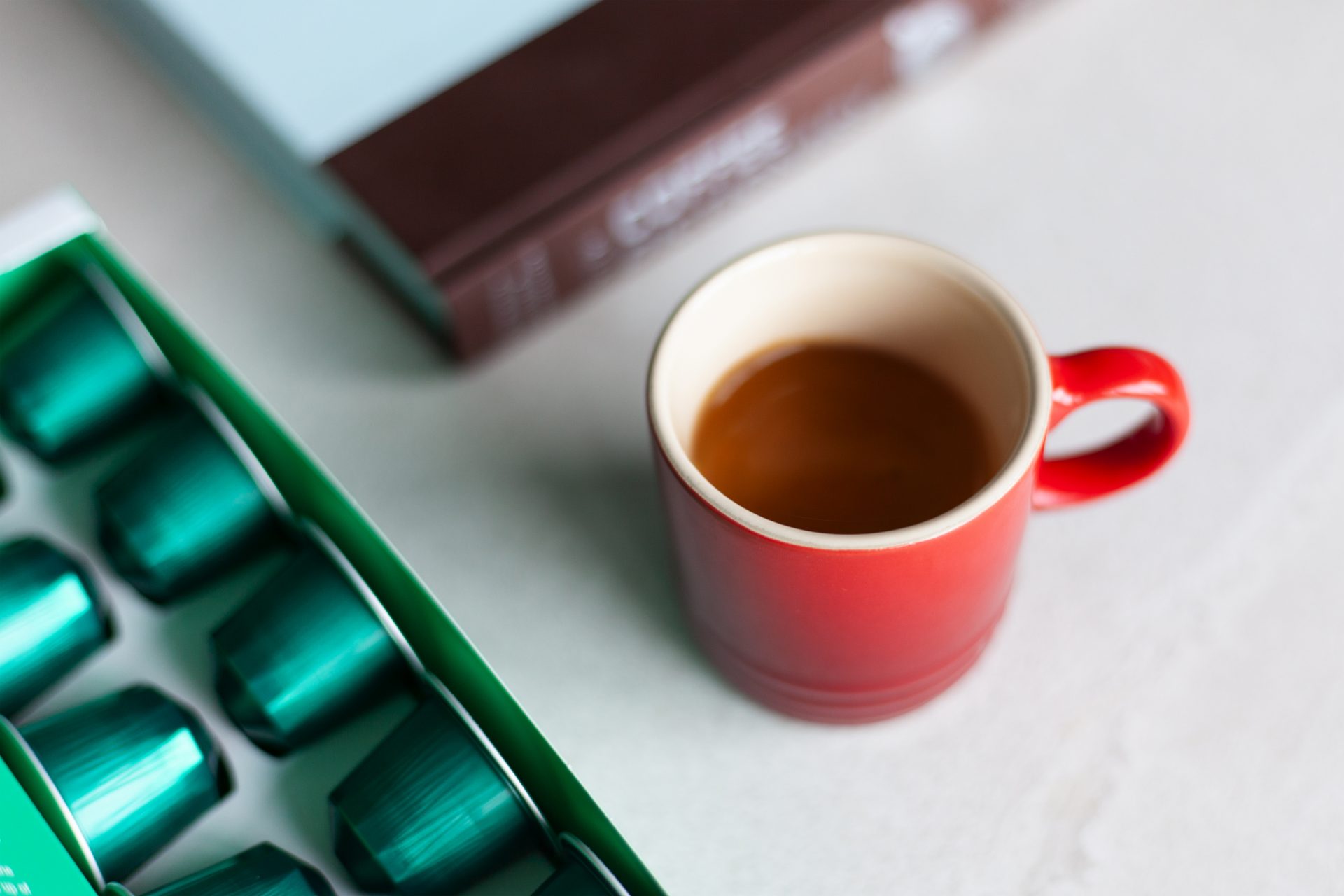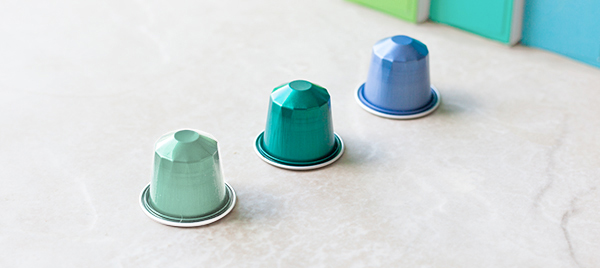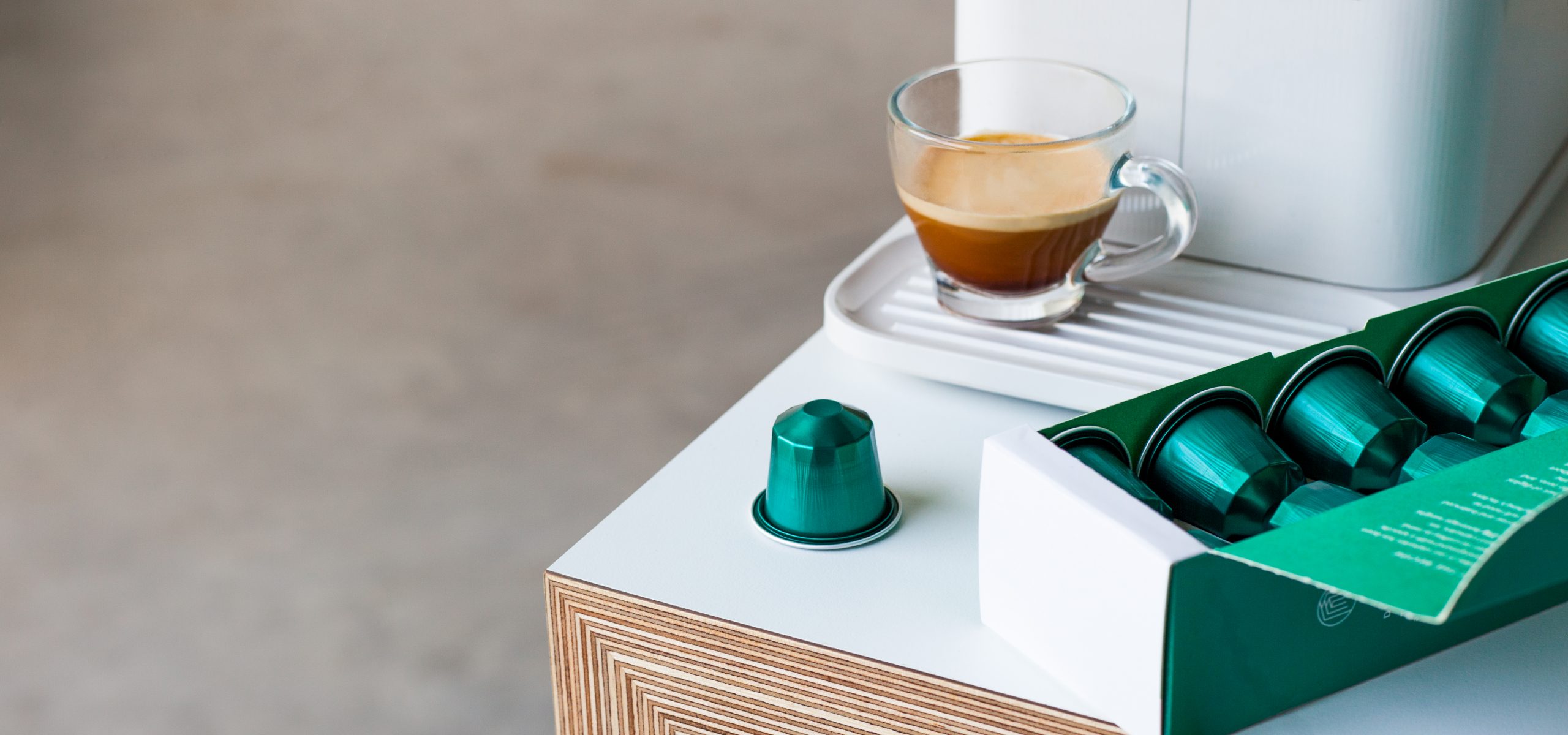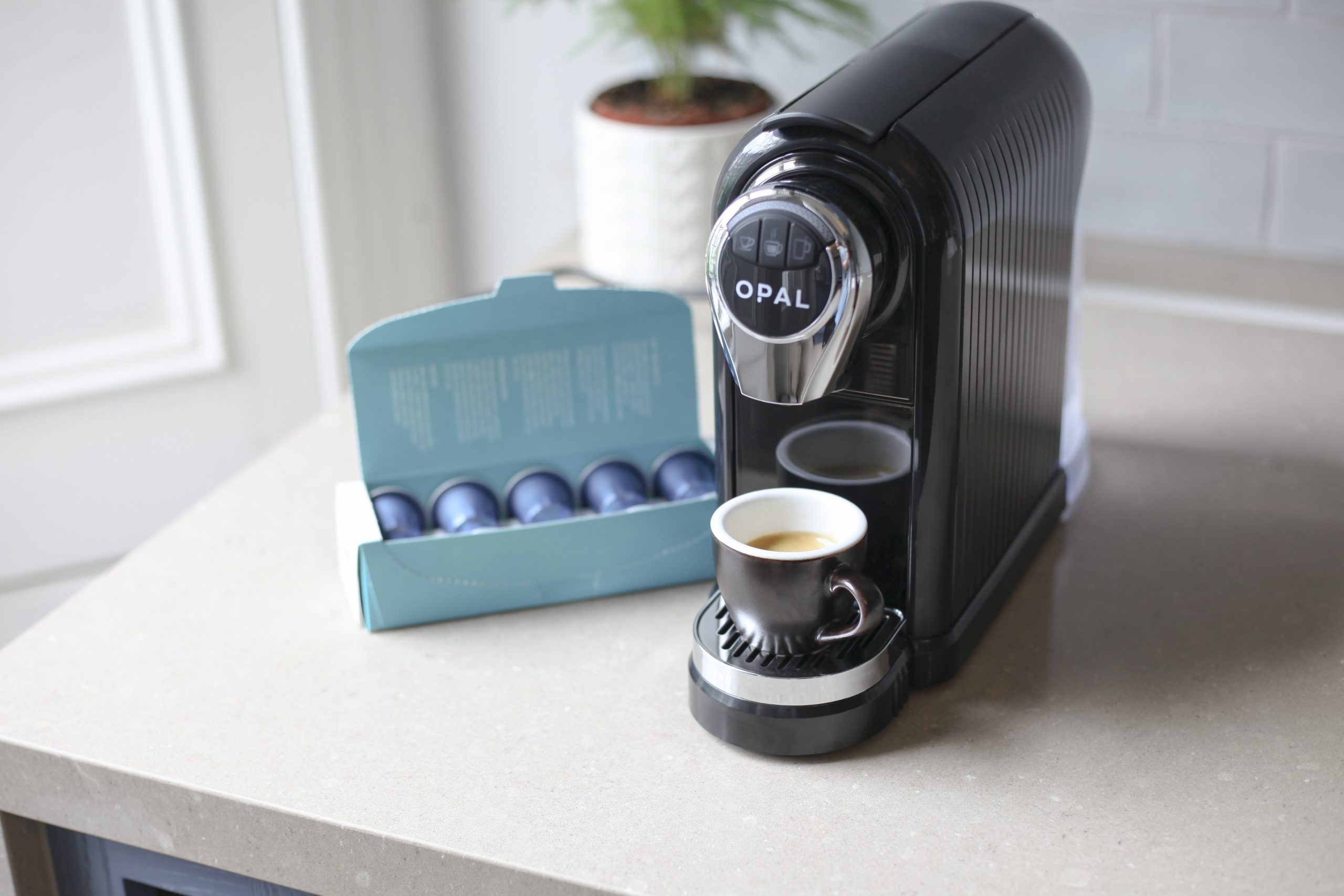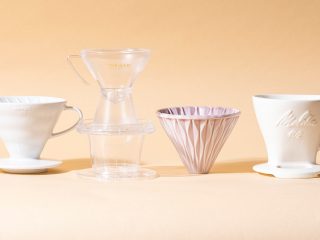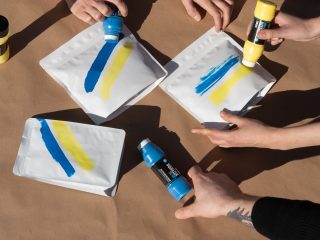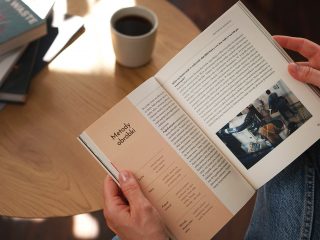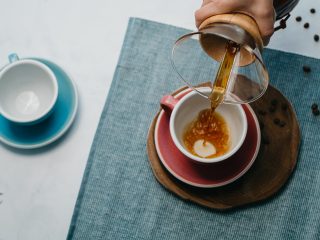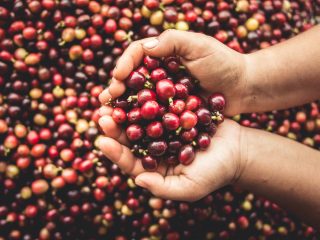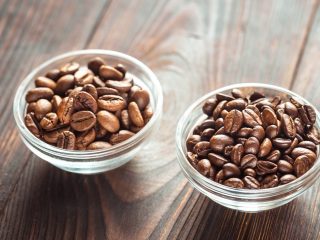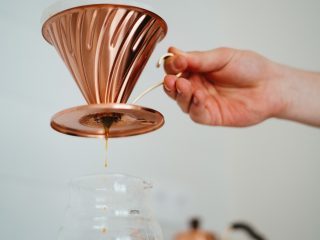Are capsules for everyone? No. Do they make brewing coffee easier and make you as little involved in the process as possible? Definitely yes! So, is it worth trying and opening up to new coffee brewing methods, even if you are a drip whisperer or an espresso machine pro at home? Both yes and no… Here is why!
No two capsules are the same
Coffee capsules were invented over 35 years ago in Switzerland, and this method of brewing coffee is developing at a much faster pace than other methods we know. Probably because the method is quick and convenient, and the capsule coffee machine itself is, compared to any other coffee machine, not a large expense (you can buy one for as little as EUR 70 or EUR 120).
The main question, however, is the quality of the coffee in the capsules. Of course, there are many types of capsules on the market, but not all of them are worth our attention. The ones worth knowing about are capsules filled with specialty coffee – high-quality beans of known origin, processed before being sealed in the capsule, which means that the taste might even match with that of a freshly brewed Chemex coffee.
Technology
The capsules in general are made of various types of materials – from aluminum, through poor-quality plastic, recyclable plastic made of corn starch or sugar cane, to fully compostable materials.
The secret of a capsule, however, is the way in which this small coffee “container” is sealed and the very method of processing the coffee before brewing it in the machine. This art is not simple, but the best producers (incl. Colonna) have mastered it to perfection. Coffee from capsules does not get stale as quickly as coffee beans, because less than 1% of the capsule content is taken up by oxygen – the rest is nitrogen, which means that coffee in capsules can stay fresh for up to 12 months after packaging. The coffee aromas sealed in the capsule will be really rich, as long as the beans are of the highest quality.
The capsule production process itself is a bit of a technological rocket science (people measuring TDS and mineralizing distilled water for brewing coffee should delve into this topic 😉). For now, let’s just briefly say that the grinders responsible for grinding the coffee beans for Colonna capsules are ultra-precise and scan the beans so that they are evenly ground (could that be a competition for Kruve sieves?). Also, the beans don’t get warmed by friction from the grinding. What’s more, the dose of coffee is set to a specific recipe, so you don’t have to test the grinding or the proportion of coffee to water before brewing.
A few words about Maxwell Colonna-Dashwood
Who is Maxwell Colonna-Dashwood? The names are the same for a reason. He is the owner and roaster in his coffee roastery, Colonna, which is currently producing specialty capsules and top-quality coffees. The beginnings, as is usually the case, were slightly different – although also related to coffee.
Maxwell and his wife Lesley founded a company that served coffee at events. They quickly realized that they needed a physical space to showcase coffee as a beverage that is full of flavors, complexity and provides new experiences. This is how they established the Colonna and Small’s store in Bath, Great Britain a three-time British Barista Champion.
The Colonna brand comes from combining all of Maxwell’s experience with coffee, and his knowledge and passion for creating a coffee place. It provides the best coffee, combining it with modern technology and comfort. Maxwell himself says that “Coffee culture can be intimidating”. His goal is to make good coffee affordable and simple for everyone, not just for the selected few. He has also written two very engaging coffee books: “The Coffee Dictionary” and “Water for Coffee”.
Colonna – brewing and effects in a cup
The capsule coffee is brewed at a pressure of 19 bars – the coffee machine punctures the capsule and evenly distributes the water over it, helping with extraction, which takes an average of between 12 to 25 seconds. The temperature of the water for brewing is in this case usually between 88 and 90 degrees Celsius.
Grinding coffee for capsules is definitely the closest to the espresso grind, but after brewing capsule coffee, we do not get an espresso-like or a pour-over beverage – the density and intensity of the coffee will fall somewhere in-between these methods.
Colonna currently offers three series of coffee: Rare, Foundation and Discovery, as well as decaffeinated coffee and compostable capsules.
- Rare coffees are the highest quality beans from limited harvests, offering a unique taste experience. It is an interesting choice for all those who appreciate discovering new flavours.
- The Foundation series is coffee with a balanced, clean and multi-layered taste, low bitterness and pleasant acidity. They should be perfect for beginner coffee lovers.
- The Discovery series, on the other hand, is to reveal to us expressive and diverse flavors, which are created, among others, thanks to a combination of unique processing methods and growing locations.
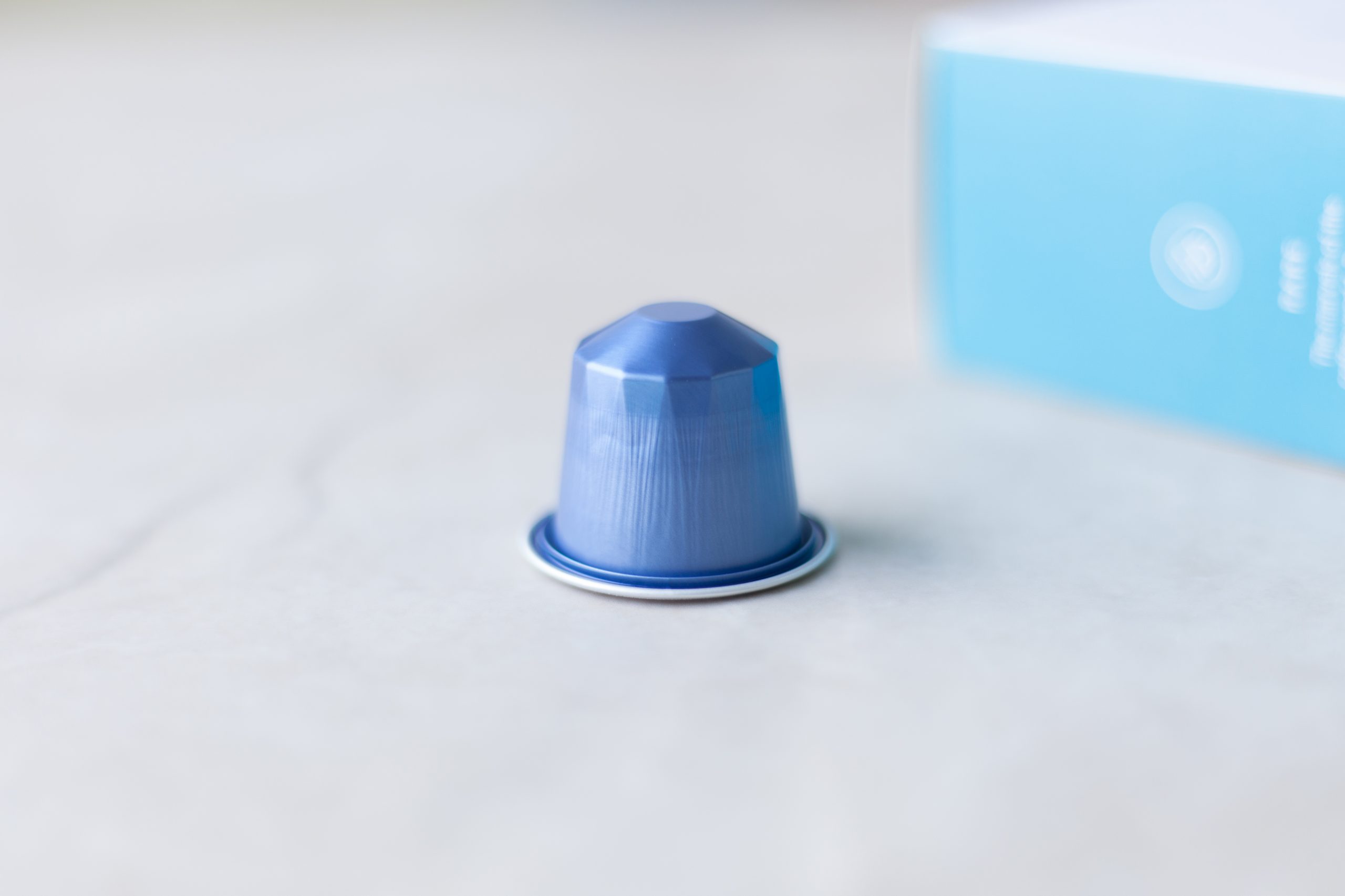
Colonna capsules are compatible with Nespresso® machines and are manufactured from two types of materials. Those are:
- Aluminum capsules that can be recycled.
- Compostable capsules, made of corn starch, suitable for industrial composting. This means that when segregating rubbish, you should throw it into the BIO waste container.
Yes, it does. Aluminum capsules maintain the freshness and aroma of ground coffee beans much better, but well-made industrially compostable capsules (eg Colonna) can also retain the main flavour notes of coffee for a long time. Home-compostable capsules do not keep the coffee fresh for too long, which can result in stale coffee that will simply taste bad.
“Short” and “long” capsules
Colonna offers “short” and “long” capsules. What does it mean?
- “Short” capsules are perfect for an intense espresso-style drink with a full body and are designed to prepare 25g of coffee.
- “Long” capsules emphasize the elegant and delicate notes in the coffee, in this version we can prepare 80g of coffee.
If you want to get the full flavor out of your capsules, there is one thing better to remember: coffee machine calibration. As the capsules are designed for specific proportions of water to coffee, it is worth following them. This is where the machine calibration will come in handy.
How to do it?
- The recommended amount of the beverage is 25g for “short” capsules and 80g for “long” capsules.
- Prepare the scale and put a cup on it – reset the counter.
- Put the capsule in the machine and start making coffee while holding the brewing button.
- Keep holding the button until the desired weight of the brew is reached (25g or 80g).
- Release the button – your machine is now calibrated! Next time you brew, you don’t need to hold the button for the entire brewing time.
Who is it for?
Specialty capsules are definitely not for everyone. This is a way to make coffee for busy people who do not fully feel the magic of manual brewing with a dripper or Chemex, but appreciate both high quality and convenience. Here, someone does all the work for you, sets the dose, the method of grinding and adjusts it to brewing in a capsule machine so that all you need to do is enjoy the taste of coffee. The possibility of testing many coffees at the same time is also a huge advantage. When you buy a packet of specialty coffee and open it, you have no choice but to drink it for a long time, so that it doesn’t oxidize too quickly and lose its aromas. In the case of capsules, you can choose many flavors and enjoy coffee from Burundi, Guatemala, Colombia and Ecuador in one day!
Specialty capsules can also be the first step towards higher quality coffee. If you own a capsule espresso machine, choosing a brand like Colonna that only creates capsules from top-quality beans can be a convenient and simple way to take your coffee to a whole new level.

